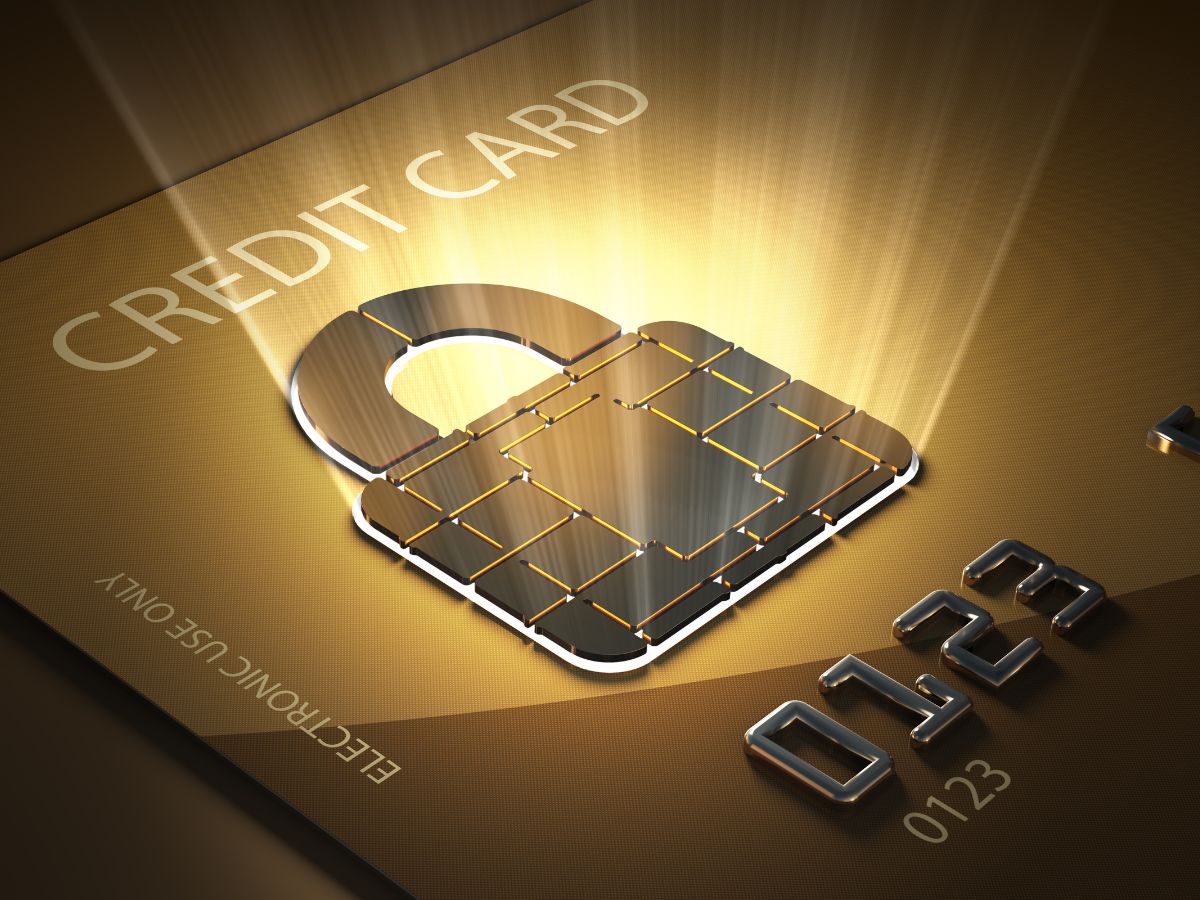Are Virtual Credit Cards Safe? Expert Insights and Tips

Virtual credit cards are the new knights in shining armour in the digital realm where convenience is king. They promise to make your online shopping spree effortless and secure. But how true is that? In a world where online threats lurk around every corner, we should all be asking: Are virtual credit cards safe? Buckle up because we’re exploring in-depth to answer this burning question.
What is a Virtual Credit Card?
Imagine your standard plastic credit card going on a diet and turning digital—essentially a virtual credit card. It’s your usual credit card but without the tangibility. It comes with its unique number, expiration date, and security code. Types? Oh, we got kinds!
- Single-use: Perfect for one-time transactions, like that impulse buy you might regret later.
- Multi-use: Ideal for multiple dealings with the same merchant or different ones. It’s versatile!
- Merchant-specific: Tailored for exclusive transactions with a particular merchant, giving you peace of mind.
- Subscription-based: Used for recurring payments, like your monthly streaming services.
Do you see a hot deal online but need help with security? Use a virtual card and snag that deal without losing sleep over online fraudsters!
Are Virtual Credit Cards Safe?
Are virtual credit cards safe? That’s the question on everyone’s mind as we delve deeper into the digital age. The short answer is, generally, yes—they offer multiple layers of security, such as data encryption, tokenization, and fraud alerts, making them a safer alternative for online transactions than traditional credit cards. Virtual cards limit your financial exposure by acting as a buffer between your primary account and the merchant, often expiring after a single use or a short time.
However, they could be more foolproof. Issues like human error, advanced hacking techniques, and transaction fees can still pose risks. So, while virtual credit cards are a step in the right direction for safer online shopping, they’re not a silver bullet. Always be cautious and monitor your account activities to ensure you get the most out of your virtual credit card’s security features.
The Security Measures Behind Virtual Credit Cards
So, what makes virtual credit cards a fortress of security? Let’s dissect it:
- Data Encryption: Your sensitive info is turned into an unreadable code.
- Secure Key Exchanges: High-level algorithms ensure your transaction is a secret handshake that no one else understands.
- Tokenization: A unique code for each transaction? Hackers would need to break a different code each time.
- Fraud Alerts: Many virtual card providers offer real-time fraud alerts, alerting you if something looks fishy.
Advantages: Why Virtual Credit Cards are Often Considered Safe
Now, why is the internet buzzing with people singing praises about virtual credit cards?
Limited Exposure
Your main credit card details stay locked away in a vault, never to be exposed to the treacherous lands of the internet. Virtual cards act as decoys, taking the hit for you if necessary.
Customizable Limits
Set limits not just for spending but also for timeframes, like days, weeks, or months. This ensures you stay in control and minimizes potential losses.
Short-term Validity
Some cards are like Cinderella—they expire at midnight. A short lifespan means they’re less attractive to potential fraudsters.
Real-world Cases
John from Texas saved $500 when his virtual card flagged a suspicious transaction. Emily from California found peace of mind after her actual card got compromised, and she switched to virtual. The stories go on!
Potential Risks: Where They Fall Short
Let’s balance the scales by addressing the elephants in the room:
- Fraud Protection: Good but not infallible. Advanced hackers may still find loopholes.
- Human Error: Accidentally emailed or texted your virtual card details? Yikes!
- Lack of Physical Verification: You cannot use these at a hotel or gas station.
- Transaction Fees: Some issuers might charge you for generating a virtual card.
How Do Virtual Credit Cards Compare to Physical Credit Cards?
| Feature | Virtual Credit Cards | Physical Credit Cards |
| Risk of Theft | Low | High |
| Expiration | Short-term | Long-term |
| Use Case | Online only | Online and In-Person |
| Spending Limit Customizability | Yes | Limited |
| Fraud Alerts | Often | Sometimes |
Expert Opinion: Financial gurus often suggest a mixed-use approach: Virtual cards for online dealings and physical cards for in-person transactions. It’s like having the best of both worlds!
Tips for Maximizing Safety When Using a Virtual Credit Card
You’re about to jump on the virtual credit card bandwagon, but you want your landing to be as smooth as possible. Here are some added tips:
- Secure Storage: Use encrypted digital vaults or password managers.
- Regular Checks: The more often you check your statements, the quicker you’ll spot any discrepancies.
- Two-Factor Authentication (2FA): Add an extra layer of security by requiring another form of verification.
- Utilize Security Apps: Some mobile apps are designed to keep track of your virtual card’s activity.
Conclusion
So, do the benefits outweigh the risks? Are virtual credit cards safe? The consensus is that they are generally safer than their plastic counterparts for online transactions. They offer layers of security that can safeguard you against many types of online fraud. However, they are not a magic bullet. Caution and conscious usage are your best allies in this digital journey.
Frequently Asked Questions (FAQ)
Do all banks offer virtual credit cards?
Increasingly, yes. More and more financial institutions are coming to the party.
Is it safe to use a virtual credit card for recurring payments?
Generally, it’s a yes, but do some homework on the vendor’s reputation.
What should I do if my virtual credit card information gets compromised?
Freeze the card, notify your issuer, and follow their security protocol.
There it is—your complete guide to answering the question, “Are virtual credit cards safe?” Now, you’re not just wiser but also safer. Happy digital shopping, folks!



